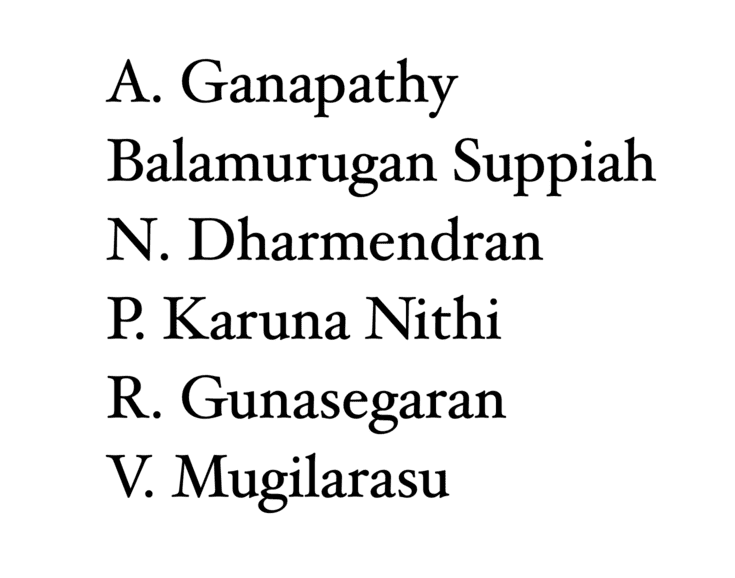In the ensuing discussion, however, there was audible silence from major players in the press and media. Thus, the incident received alarmingly insufficient reportage which resulted in serious inaction for those culpable. Without an elevated platform to float on, the ambition for justice drowned in the humdrum habits of web surfers and news outlets alike.
Fast-forward to the present day and you’ll find another life is nabbed following police detention, with the family of A. Ganapathy alleging police violence was the largest factor in his untimely passing. On top of newly detected kidney problems, the family maintained that the victim was beaten with rubber pipes while in custody and, in consequence, sustained a leg amputation. Time has shown that allegations of police misconduct are routinely glossed over but the stories that do surface over countless those that are muzzled must be met with lingering echoes and probed with a magnifying glass.
What is more outrageous is that the reports that are publicized establish that the vast majority of victims are Malaysian Indians. Repeated deductions ruling out foul play each time a case is made public sounds impossible, almost absurd, given that racial discrimination, racial profiling, and racist stereotyping is an eating cancer within the Malaysian criminal justice system and society. So, it is hardly surprising that the system is facing a massive credibility deficit, especially when it is engineered and rigged in favor of the police officers. Cops investigating cops is an inherent conflict of interest that will continuously drench the public with a great distrust towards those who are supposed to be protecting, not murdering its people.
The Black Lives Matter movement has definitely unleashed a resonating ripple effect – one in which we must carry the torch for those abandoned, betrayed even, by an unjust system. But the tendency to compare public acknowledgment may simply prove counterproductive. If anything, it just goes to show institutionalized oppression is a prevalent affair that can only be exterminated when we stand in solidarity with other affected communities of color. We need to channel the energy to not only raise the visibility of our own cause without recklessly incorporating another but also to retain momentum in hopes that it will break through into mainstream discourse. Change is on the horizon, so long as the good fight continues.
We stand by them and we will fight for them and for those names that have been silenced. Say their names.

